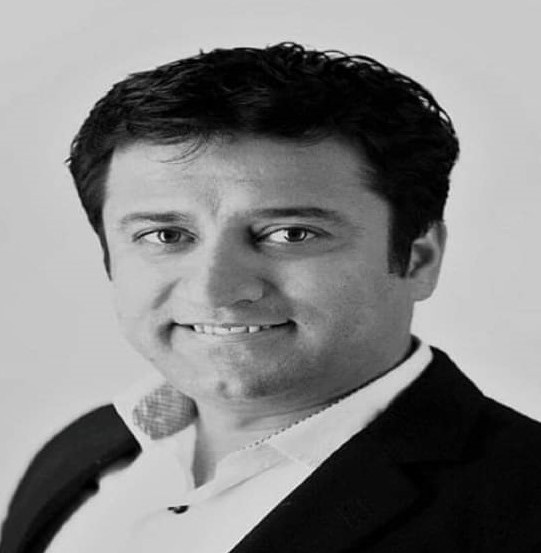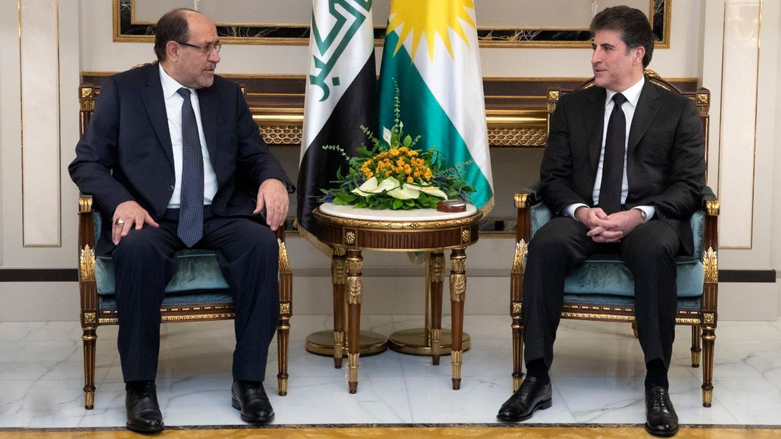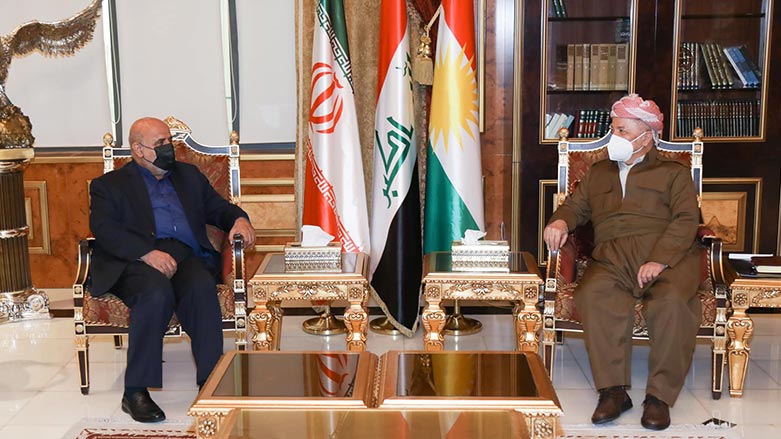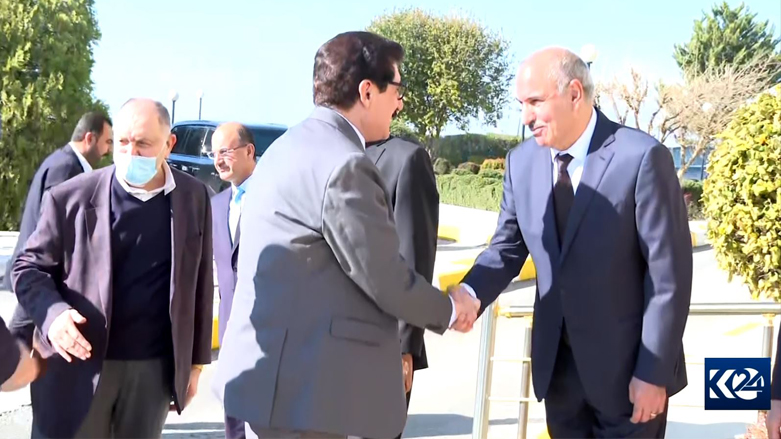Voters await Iraqi elections with mixed feelings
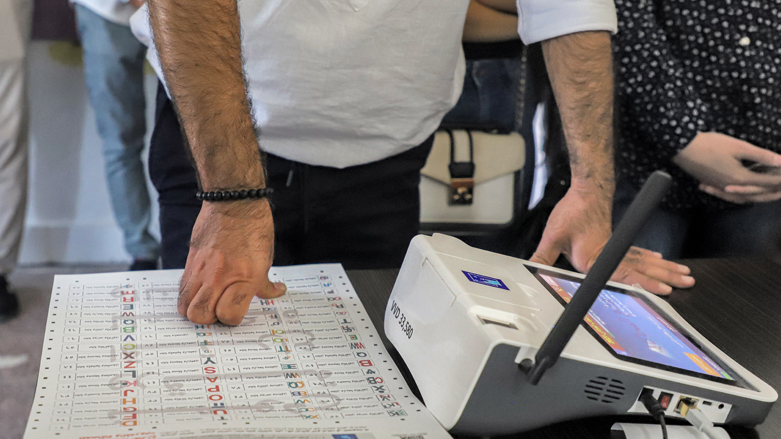
Iraqi voters, local and international observers expect free and fair elections on Sunday in contrast to the last parliamentary elections held back in 2018. Some voters shared their thoughts about this year’s upcoming election with Kurdistan 24.
Nazim Karim, 32, a voter, has mixed feelings.
"I am happy that I am going to vote. That is a nice feeling," he said. "I am also worried that the parties will not accept the results."
Other voters have different concerns.
Ahmed Hatem, 40, believes that while free and fair elections are "always good and important," peace and stability are even more important.
"Elections without peace and tolerance are fruitless," he said.
In these elections, Iraqi voters will elect the 329 members of the Council of Representatives, who will choose Iraq's next prime minister and president.
The elections were initially scheduled for June 2021 but were delayed because the Iraqi Independent High Electoral Commission (IHEC) needed more time for preparation and organization. The Iraqi government approved IHEC's request on January 19 and gave the commission four more months.
Voters cast ballots under a new electoral system, a change that the Iraqi protestors have been demanding since 2019. The previous elections were conducted under proportional representation with governorates as constituencies. But this election will be conducted under single non-transferable votes to 83 multi-member constituencies.
Rebaz Barzan, 25, thinks that this election will be different than its predecessors.
"With all the concerns, I still believe that this round will be much better as we are more experienced now," he said. "We know what we do."
IHEC announced earlier Tuesday that it had accredited 640 international observers to monitor the legislative elections.
The commission approved and issued identification papers for "640 international observers, in addition to accrediting 46,888 local observers and 207,344 political party agents" to monitor the election process, IHEC said in a statement.
The body has reportedly permitted 305 international and 1,498 local media personnel to cover the election.
Earlier on Tuesday, the head of the United Nations Mission in Iraq (UNAMI), Jeanine Hennis-Plasschaert, urged Iraqis to participate in the upcoming parliamentary elections, stressing that it will be different from the 2018 elections "despite concerns."
She pointed out that "there are no elections that lead to rapid comprehensive change," adding that "the elections alone will not bring stability and peace to Iraq, but are a means to an end."
She also said that "the results will be announced at the same moment they leave the polling stations, so there is no room for tampering with them."
Karim, Hatem, and Barzan agreed that IHEC, media outlets, local and international observers will have a positive influence on the elections.
"The election campaigns were much better than the previous ones, and I hope that the voting process will reflect that," Karim added.
One-quarter of the seats in the Council of Representatives are reserved for women in the constituencies. Nine seats are reserved for minorities. These include five for the country's Christians and one each for other minorities such as Yazidis and Shabaks.
Some groups, such as The Sadrist Movement, first intended to boycott the elections, claiming corruption and voter fraud. UNAMI condemned these boycotts. In August, the Sadrist Movement announced that it will take part in the elections.
The Iraqi voters are hopeful that Sunday elections will return prosperity, safety, and sovereignty to their country.
"I hope that this election brings us back together so that we can live better and do better," Hatem said.
